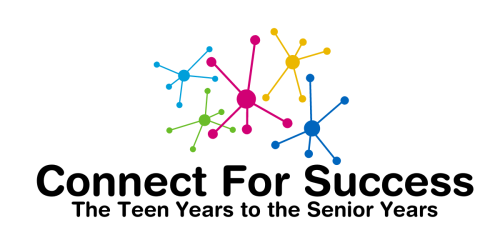
Who is this for: People working in the Developmental Services Sector all across Ontario will find this content valuable and applicable to their daily work in the field.
SAVE THE DATE!
Thursday, May 8th, 2025
9 AM – 4 PM
Registration Fee: $150.00
(Refreshments and lunch to be provided)
Crowne Plaza, Kitchener
105 King Street East
Kitchener, Ontario
Time | Details |
|---|---|
8:00 am – 9:00 am | Registration and Networking |
9:00 am – 9:15 am | Opening Remarks |
9:15 am – 10:30 am | Morning Keynote with Paul Huschilt |
10:30 am – 11:00 am | Break |
11:00 am – 12:00 pm | Morning Sessions (choice between 3) |
12:00 pm – 1:00 pm | Lunch and Networking |
1:00 pm – 2:00 pm | Afternoon Sessions (choice between 3) |
2:00 pm – 2:30 pm | Break |
2:30 pm – 3:45 pm | Afternoon Keynote with Michael Jacques |
3:45 pm – 4:00 pm | Closing Remarks |
Our schedule is subject to change.
Fetal Alcohol Spectrum Disorder (FASD) is a leading known cause of developmental disabilities in Canada. Youth with FASD often experience challenges while transitioning to the expectations of adulthood. There is currently no cohesive strategy for supporting youth with FASD as they transition to the expectations of adulthood. It is therefore necessary to identify the current promising practices that can be used to support youth during this critical period.Research has demonstrated that appropriate supports in the transition to adulthood and throughout the lifespan may help mitigate these challenges. Learn more about these appropriate supports and their real life application.
presented by Karen Huber and Michelle Hughes
As developmental service providers, it is essential that we understand and adapt our supports so that they meet the evolving needs of individuals with developmental disabilities and co-occurring mental health conditions (dual diagnosis). Not only can challenges associated with a dual diagnosis change over the span of someone’s life they can also be impacted by changing environments and fiscal pressures. This has become very evident as we struggle to respond to the changing demographics of those with a dual diagnosis seeking support from us.
Join us to learn how you can prepare yourself, adjust your services and lead your communities to be better prepared to respond to these growing complexities.
Participants will gain insights into:
Presented by Michelle Brooks and Marnie McDermott
Dive into two transformative initiatives supporting aging adults with intellectual and developmental disabilities (IDD) in this two-part session.
In the first part of our session you’ll discover the impactful work of the Central Region Partnership on Aging and Developmental Disabilities (CRPADD), a collaborative committee driving cross-sector communication among healthcare and social service ministries to enhance care for aging individuals with IDD. Learn how relationship building, idea sharing, and education are fostering system-wide capacity and enriching lives.
In the second part, you will gain insights into the groundbreaking NTG Canadian curriculum dementia training. Hear how a recent train-the-trainer program has equipped organizations across Southern Ontario to better support adults with IDD experiencing dementia. Explore available training resources and join the conversation on building inclusive, dementia-friendly communities.
This session offers a unique opportunity to connect with leaders in the field and explore innovative strategies to support aging adults with IDD.
Presented by Tara Hyatt, Robin Smart, and Darren René
This training is designed to help the listener understand the stages of change model of addiction and to provide tangible guidance on how to support someone using substances within each phase. The intention of this training is to support carers to feel more equipped to have hard conversations and to feel knowledgeable about where to point someone using substances if they should express the desire to access support for their substance use. This training’s content has been informed by questions from fellow community workers and includes a variety of topics such as: practical ways to express concern about someone’s substance use, treatment avenues for someone using substances, and resources for family and friends supporting someone using substances in the KW area. Hope to see you there!
presented by Julia Hall
This interactive workshop will share the journey of implementing Trauma Informed Care across a non-profit organization of over 600 employees who provide supports and services to people of all ages with autism and intellectual developmental disabilities (IDD). Preliminary results will be shared that demonstrate an increased knowledge and understanding of Trauma Informed Care of direct supports, an increased awareness and emphasis on staff wellness and most importantly, the direct impact it is having on helping people we support to live their best lives. Participants will learn about the steps involved in the development, delivery and evaluation of this initiative and will take away practical strategies to begin their own implementation journeys. Through this real-life example, participants will be inspired by real-life stories and examples of how Trauma Informed Care is making a positive difference in people’s lives.
Through this real-world example, participants will:
– Recognize the value and positive impact of Trauma Informed Care for all people
– Learn to assess their organization’s or services’ current practices through a trauma-informed lens
– Develop an actionable implementation plan tailored to the needs of those they support and the care-providers providing this support.
presented by Leah Jeffrey
Explore the unique and complex palliative care needs of individuals with intellectual and developmental disabilities (IDD) in this engaging session led by the IDD Palliative Care Network. Attendees will gain insights into trauma-informed practices, strategies to overcome access barriers, and tools designed to enhance care across the continuum. The workshop will also emphasize the critical role of Developmental Service Specialists in multidisciplinary healthcare teams and offer practical approaches to building capacity among healthcare providers. Join us to deepen your understanding and improve care outcomes for individuals with IDD.
Presented by Michael Mackenzie and Janet Elder

Humour Resilience & Change
As people serving individuals with special needs, we face lots of stress – urgent demands, constant change, and a never ending stream of pressures and responsibilities. Humour Resilience & Change gives caregivers a chance to step back, regroup, and think about strategies for our own well-being. Paul Huschilt, Resilience & Wellness Expert, will make us laugh and help us with ways to create a new relationship with stress and our own resilience. He will share his techniques on how to get the most out of life with humour, keep the tides of change in perspective, and smile through just about anything. This talk is guaranteed to leave you laughing and you won’t even realize you learned a thing or two.
Paul Huschilt: Paul is an award winning speaker who is passionate about helping people be mentally healthy during stressful times. He inspires people to be the best that they can be. From the big stage or from the small screen of any device, he delivers important messages in fun and funny ways. Paul holds degrees in Management and Acting, a diploma in Career Counselling, training in Adult Education, and has sung with the Canadian Opera Company. This varied background and more than 25 years of professional speaking experience give Paul a one-of-a-kind style. Paul is an inductee into the Canadian Speaking Hall of Fame.

Michael Jacques: Michael is a public speaker and activist, who in 2018 wrote and self-published Can’t Read, Can’t Write, Here’s My Book using speech-to-text technology, which sold over 20,000 copies. In 2020 he released a children’s book that he co-authored with Heather Gale titled, I Belong: Can I Play? At a young age, Michael was diagnosed with autism and an intellectual disability. Never one to shy away from obstacles, Michael has made his authorial debut, sharing experiences from his life to help audiences understand accepting and belonging. Through his brave story, witty personality, and positive outlook on life, Michael is an inspiration to many.
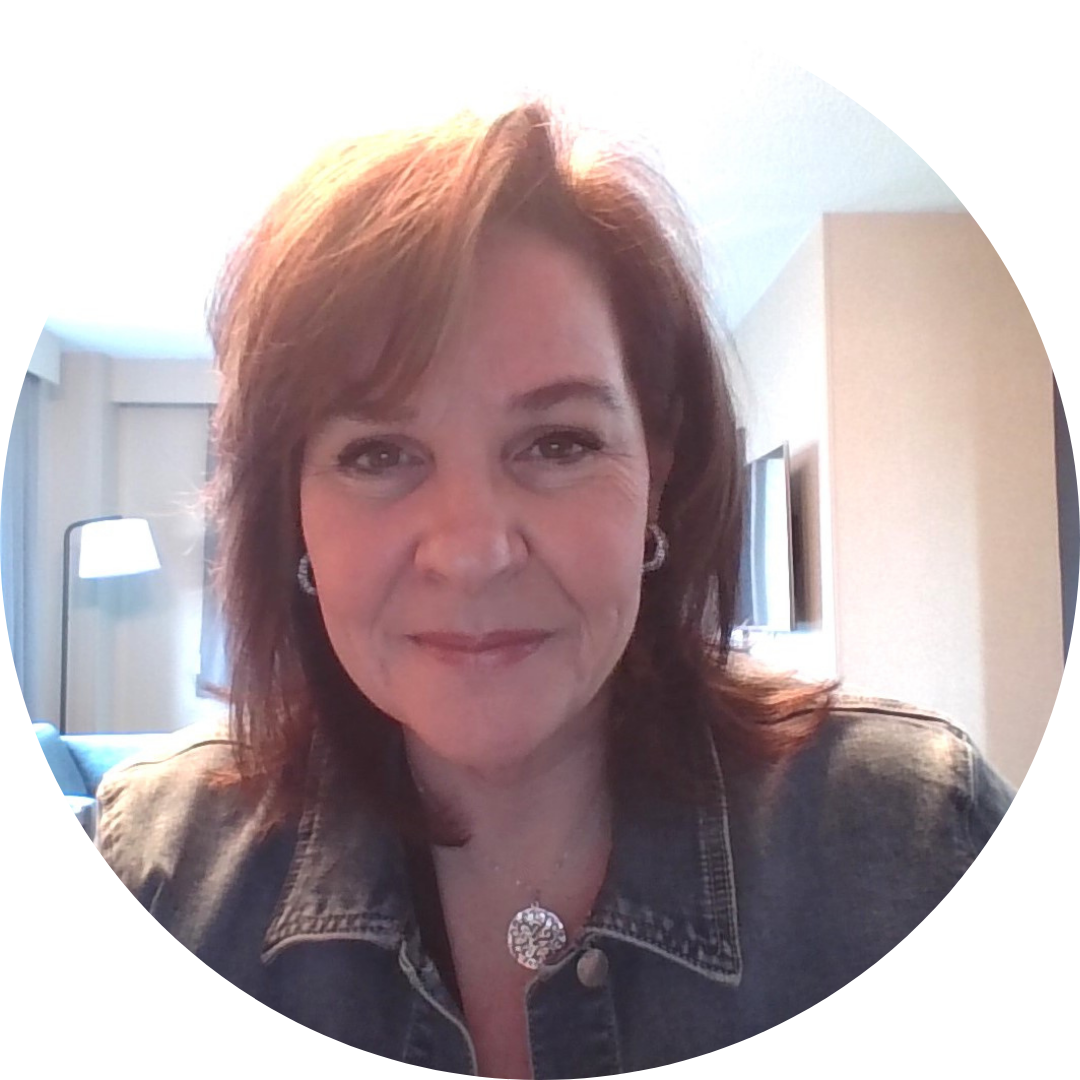
Michelle Brooks
Michelle has held the position of Executive Director at The Participation House Project (Durham Region) for the past 20+ years and draws on more than 35 years of experience within the Developmental Disability Sector.
Michelle’s dedication to families, youth and adults with Developmental Disabilities has been a driving force at the Local, Regional and Provincial levels in Ontario and goes well beyond her role as ED of PH Durham. Her appointment to the Ministers table and within key Provincial Roles has provided her with the opportunities to influence, design and lead strategic initiatives that have strengthened the quality-of-service provision across the Developmental Sector while raising awareness and advocacy for the needs.
Michelle’s most recent and notable accomplishments have been as the chairperson for The Provincial Networks on Developmental Services where through her leadership, industry experts are brought together to help ensure that the health and welfare of people with developmental disabilities and their families is always prioritized and that organizations are poised with information to respond.

Janet Elder
Janet is a graduate of the University of Windsor with a Bachelor of Science in Nursing. She has held her Palliative Care certification since 2006. Over 30 years’ experience working and developing her knowledge in Hospice Palliative Care. She has applied her knowledge and passion to positively impact the illness experience for patients, families and care teams.
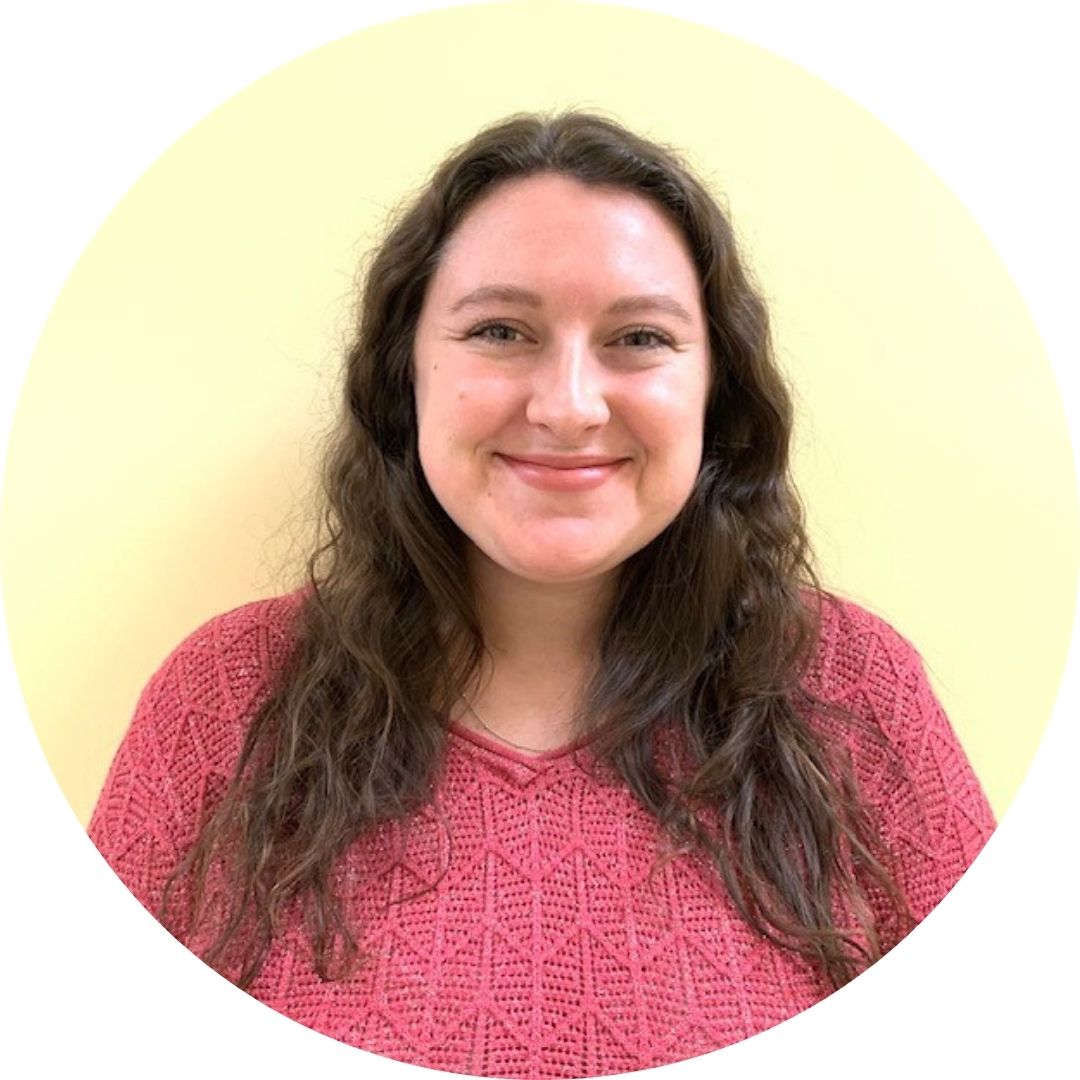
Julia Hall
Julia Hall is a dedicated social worker with extensive experience in substance use and community involvement. She holds a degree in Social Development Studies and a bachelor’s in Social Work from the University of Waterloo, and is a registered member of the Ontario College of Social Workers and Social Service Workers.
Since 2020, Julia has been serving the Waterloo Region as an Addiction Support Coordinator at Stonehenge Therapeutic Community, where she supports individuals navigating substance use challenges. In this role, she also provides consultation and education to community agencies on substance use, as well as co-occurring conditions such as acquired brain injuries, developmental delay, and complex mental health.
Julia is passionate about advancing harm reduction and anti-stigma approaches in care, believing in the power of education and open dialogue to create more inclusive and effective support systems. In addition to her role at Stonehenge, she is actively involved in several agency-based and external committees focusing on leadership, older adults, substance use, hospital-community connections, and diversity, equity, and inclusion.
Currently, Julia is furthering her expertise through ongoing professional development, including a specialized course through Wilfrid Laurier University on addictions and working with specialized populations. She is committed to lifelong learning and strives to bring the latest knowledge and evidence-based practices to her work.

Karen Huber
Karen has been working as a helper and community developer for 30 years. She has extensive experience in assessment, diagnosis and Intervention in the field of Fetal Alcohol Spectrum Disorder. She roots her work in the belief that evidence based FASD education for caregivers, programs and communities is a key to success. She is the FASD Coordinator at Sunbeam Developmental Resource Centre. As well as chairing the Ontario FASD Community of Practice she contributes to projects with FASD ONE and sits on the Health Nexus Advisory Group. She is a trainer with Safeguards and works in private practice to provide evidence informed FASD training to organizations.

Michelle Hughes
Michelle is an FASD Coordinator with Sunbeam Developmental Resource Centre. Michelle has been immersed in the FASD community for close to ten years. Prior to embarking on this new and exciting role, Michelle worked in various settings building community and capacity through programs and partnerships. Michelle was one of the founding co-facilitators of the Waterloo Region Parent and Caregiver Support Group and had volunteered as a speaker in various training setting to share the lived experience of FASD. Her absolute passion is building FASD informed communities and stamping out stigma where all who live with FASD are understood and included. Most recently Michelle became a published author sharing the experience of parenting and FASD.

Tara Hyatt
Tara holds a master’s in Legal Studies and an undergraduate degree in Sociology and Psychology from Wilfrid Laurier University. Tara started her career off in the mental health field and has worked in the developmental services sector for over twenty years. She is currently the Quality Assurance, Integrity and Innovation Director at Parents for Community Living in Waterloo Region. Tara is one of the Co-Chairs of the Central Region Partnership on Aging and Developmental Disabilities committee and has previously been an Instructor with Humber College in the Developmental Services Worker program.
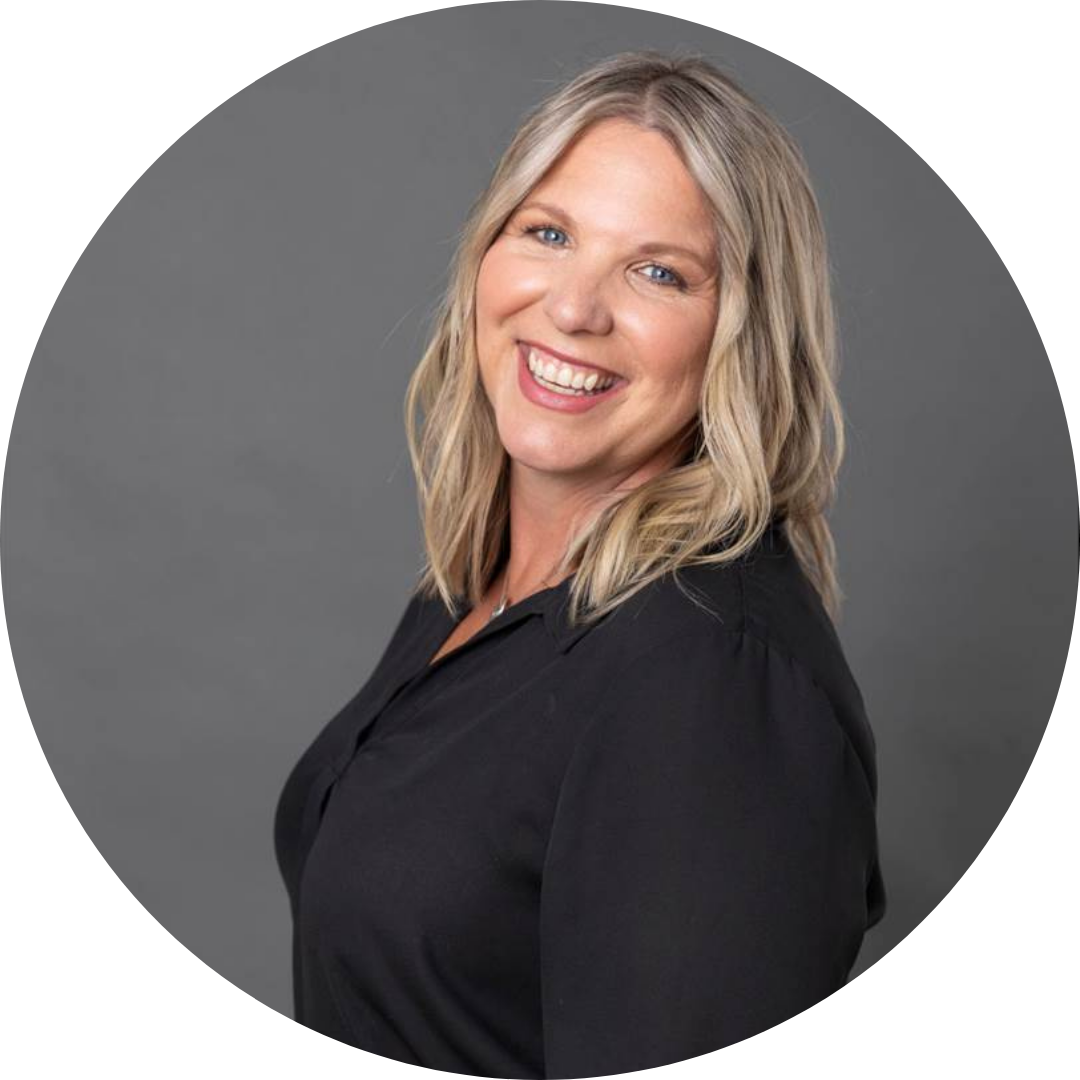
Leah Jeffrey
Leah Jeffery currently works as a Clinical Manager within the developmental sector and is a part time professor at Georgian College in the Inter-professional Mental Health program. With a Masters degree in Social Work, she has spent over twenty years in the field of human services. Specializing in complex trauma and developmental disabilities, Leah has worked with a number of mental health and developmental service agencies providing crisis and trauma services. As a Mental Health First Aid trainer since 2001 and trainer with Safeguards Training, she has provided trainings and consultations across the province in the areas of Trauma and Trauma Informed Care, Dual Diagnosis, ACT, and Mental Health. Leah’s passion is to teach and equip others in the field of mental health, trauma and developmental disabilities.

Michael Mackenzie
Michael has worked in the Developmental Services community, in Toronto, for more than 35 years including: Trinity Square Enterprises- George Brown College/Re-Direction through Education, L’Arche Toronto and Montage Support Services. His areas of focus have included person-directed employment navigation, advocacy, rights, end -of- life hospice care, and legacy work. He is a former Board member of the Down Syndrome Association of Toronto and Common Ground Co-operative. Although he does not come to this issue from a clinical or academic perspective, he offers information and insights from first hand- experience navigating those he supports, their direct support workers and their families through the hard conversations around terminal illness, care- plans, choices, and the legacy of their life story.
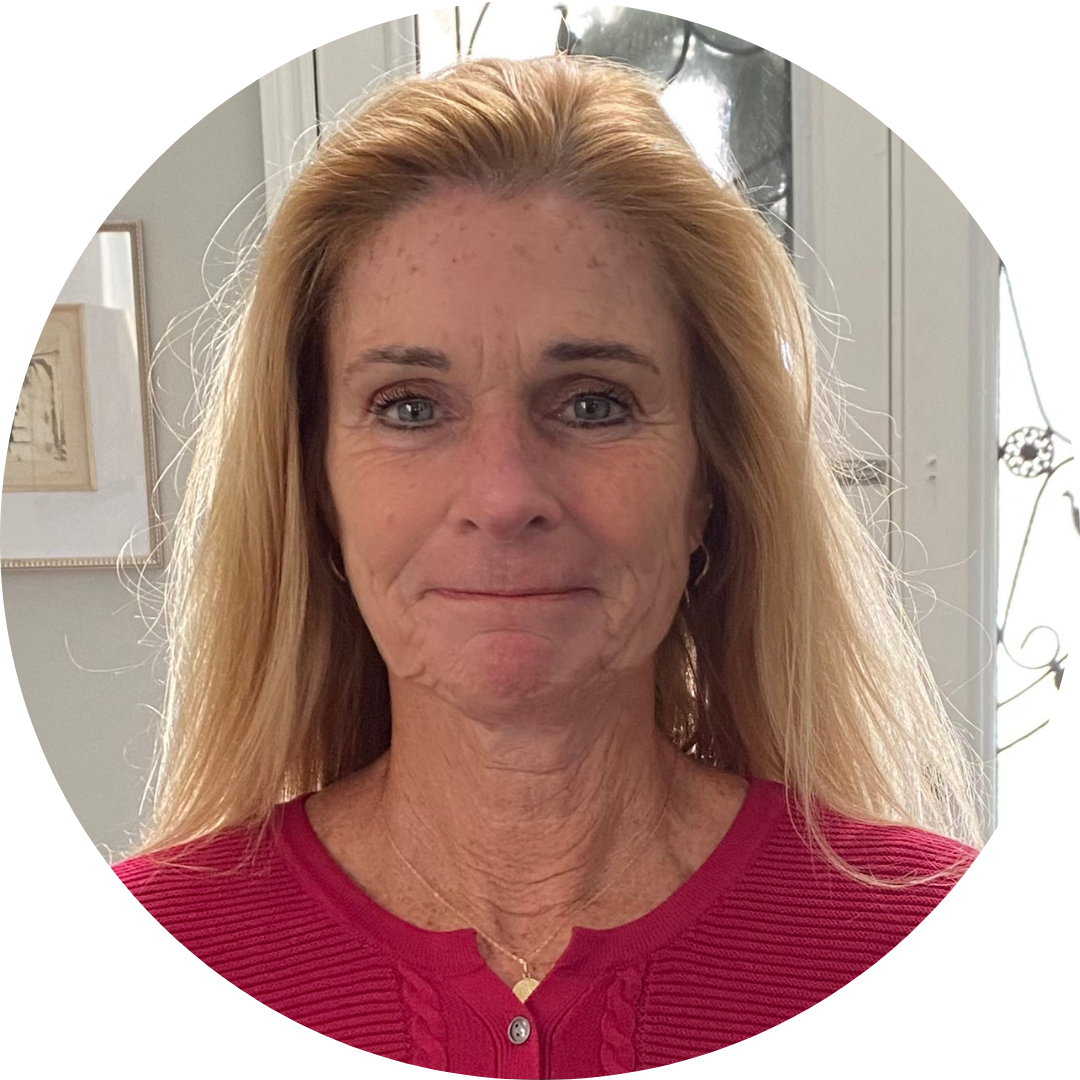
Marnie McDermott
Marnie McDermott holds a MSW, and she is the Network Manager for the Community Networksof Specialized Care-Central East (CNSC-CE) hosted by CLH Developmental Support Services(CLH DSS). Marnie coordinated a Mobile Treatment Team for individuals with a dual diagnosis seeking clinical services and treatment within the CNSC-CE. Marnie has developed trainings on: Facilitating Effective Debriefing, Clinical and Responsiveness Training, Developmental Disabilities and Addictions, and Organizational Trauma. She has co-authored two manuals: A Best Practice Model for Specialized Accommodations and CART: Clinical and Responsiveness Training. Marnie is also a Clinical Exercise Physiologist who specializes in providing exercise prescription and counseling for individuals in the community.

Darren René
Darren has worked in developmental services for over 30 years. Darren is the Director of Inclusion Supports with KW Habilitation and has extensive experience in senior leadership of both direct support and clinical organizations. Darren is a clinical social worker with his MSW from Wilfred Laurier University. Darren has over 10 years teaching experience with the Developmental Services Worker program at Fanshawe College.

Robin Smart
Robin Smart has been the Public Education Coordinator with the Alzheimer Society since 2005.
Previous to that she worked in Long Term Care since age 16, when she started as a nursing aid. Over the years she worked in a variety of departments including dietary, recreation, activation and for many years as the Admission Coordinator for a local Long Term Care home.
Robin’s degrees are from the University of Guelph. Her Master’s Degree focused on helping people adapt to congregate living.
Robin has also worked as a member of a Special Palliative Care team in Long Term Care, and with people living with Intellectual and DevelopmentalDisabilities at the Kiwanis Camp at Bellwood.